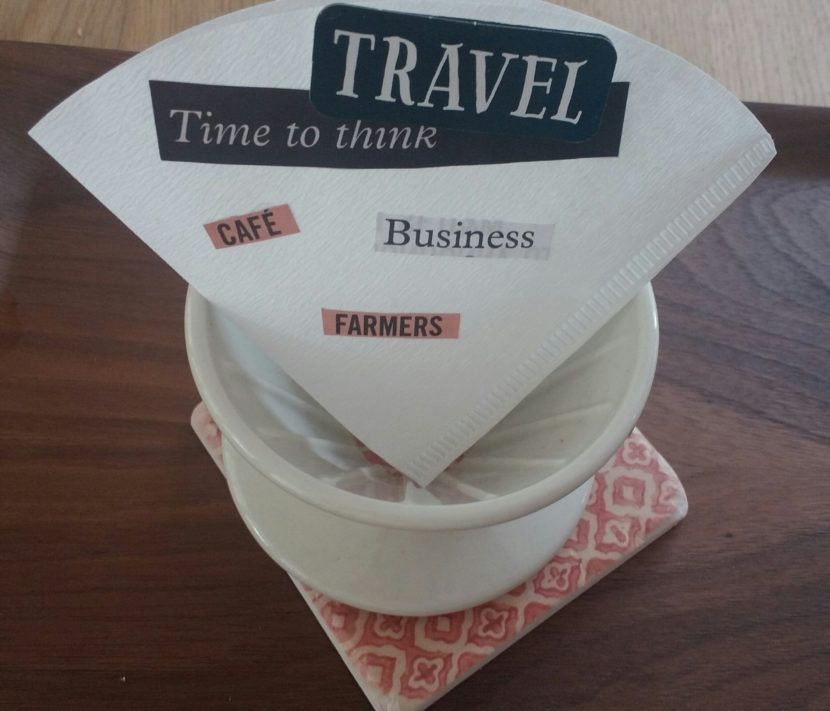In recent years coffee producers increasingly moved to the center of interest of coffee consumers. But, who are these coffee farmers? The answer seems to be simple first. The coffee farmer is the person whose name is indicated on the coffee bag that we buy in the supermarket, or in the artisanal grocery nextdoor. A coffee producer is also the one on a golden-framed photograph on the wall of the coffee chains that you may visit every day to grab a cup-to-go.
But, why are we interested in him?
Imagine you stand in front of a coffee shelf in one of London’s supermarkets and you have to select a coffee bag. You will have to choose between one that is showing a picture of the producer or a neutral one. The informed consumer will consider that the coffee bag with the smiling farmer must be better because it was produced by a happy man whose name and origin is indicated on the frontside of the packaging. The coffee consumer will feel a direct connection between that farmer and himself – a fact that will help him to believe that the coffee has been directly traded to fair conditions.

The real obstacle for direct trade is the assumption that we think that we know more about the farmer.
During much of the coffee history, merchants were first and foremost interested to exploit farmers and get their beans for a cheap deal. No sophisticated approach was needed: A simple payment in kind was enough to get a lucrative deal for the explorer and trader. The crops were shipped home and the merchant could tell about his brilliant adventures stories of unthinkable hardship and savagery and sell the beans to a privileged elite.
Nowadays, happily colonial policies aren’t in place anymore, but we still like to travel to exotic places and send home some coffee. Thanks to increased mobility, roasters and traders are more often travelling to coffee origin. Last week an article released in Daily Coffee News described well this phenomenon. (http://dailycoffeenews.com/2017/07/11/transparent-trade-series-finding-the-essence-of-direct-trade-sourcing/) Roasters are keen to be part of the coffee value chain and learn about coffee origin or share their experience. Although direct trade relations do certainly not always lead to an increased interest for the farmer himself as a person, the relation between roasters and the coffee origin is enhanced by collaborative work.
During the time I spent in Myanmar, I met a good number of roasters from the West who usually visit the country for short trip. Most of the time they are combining holiday time with some days in the coffee fields. Back home they will share their coffee trip as once-in-a-lifetime experience and present their work as “doing something good”. Rather than pursuing an individual dream, roasters and foreign buyers should pass a necessary threshold of preparation for origin trips and do efforts to learn some expressions of the the language which constitutes the entry to the farmer’s culture. The farmer would then benefit from the interest and recognition he deserves for his person and work. To look at a farmer is not just about feeling good but to answer (his) question why we should truly be interested in him and his beans.


